As the second phase of our newly revamped Health and Leadership Training program enters its fourth month, we trace the journey through one of our facilitators, Purity Sanaipei. She shares the exciting behavioral transformation she’s witnessed in the boys and girls we are reaching through the program.
Purity is one of our 36 Health and Leadership Training facilitators based across 15 primary schools in the region. She educates 48 girls and occasionally 52 boys at Mapashi Primary School on our curriculum that covers a variety of health and human rights topics, including gender equality, harmful traditional practices like female genital mutilation (FGM) and child marriage, sexual violence, sexual and reproductive health, self-defense, and life skills.

In an effort to deepen the program’s impact, Kakenya’s Dream piloted a new delivery model for our Health and Leadership Trainings from 2019-2020. Previously, our trainings were delivered in periodic weekend and week-long camps held throughout the year for clusters of schools in our region. With our new model, our trainings are now being delivered consistently – twice weekly as after school clubs at 15 partner schools for a duration of six months.
By giving students the opportunity to create bonds with their instructors, get comfortable discussing the sensitive curriculum content, revisit material, and build on what they learn each week, we’ve really strengthened the program’s impact.
Purity explains that at the start of their weekly trainings in May, boys and girls could hardly bring themselves to address the material. “Our first lesson in the curriculum was on puberty and adolescence. Students were so quiet and shy they could not discuss the topic amongst themselves.”
But as trainings continued, Purity says it wasn’t long before they opened up about issues affecting them. “By the time we started the second lesson on menstruation and pregnancy, the class was so active. They had so many questions we ended up extending the lesson in order to respond to them all.”

Other topics that generated active discussions include sexually transmitted infections like HIV/AIDS, child rights, and harmful traditional practices. “Many students did not even know that receiving an education is their right. They considered it a favor from their parents or guardians. Many girls were also not aware of the harmful effects of FGM because their parents spoke positively about the practice,” Purity discloses. She further explains, “While girls were more concerned about menstruation and how to avoid pregnancy, it seems boys are more afraid of HIV/AIDS infection and were asking great questions, such as whether the PrEP (pre-exposure prophylaxis) drug, taken before sex, was really effective.”
Purity tells us that even some parents and school board members expressed gratitude for the trainings. “I would meet some parents on my way home who would thank me for enlightening their children. They say their children address them directly now on issues affecting them.” In a community where these topics are so taboo that they are rarely discussed, even in the comfort of home, this is quite the exciting change!
In an effort to maintain these open lines of communication, Kakenya’s Dream will extend training on our Health and Leadership curriculum to each school’s guidance counselor to ensure that they’re equipped to promote learning on these important topics and answer lingering questions from students after the program finishes in the current 15 schools.
Purity concludes, “From my observation, the program is really working. I am optimistic that we shall have confident, well-informed, and outspoken students in the future if the program will continue and stretch to other schools.”
The pilot phase of the program from 2019-2020 reached 1,596 youth in 10 schools in the region. In this current phase, we are reaching an additional 1,805 youth at 15 more schools. Over the coming years, we hope to continue expanding and partner with hundreds of schools across the region to ensure that as many young people as possible have access to these vital trainings on health and human rights.

